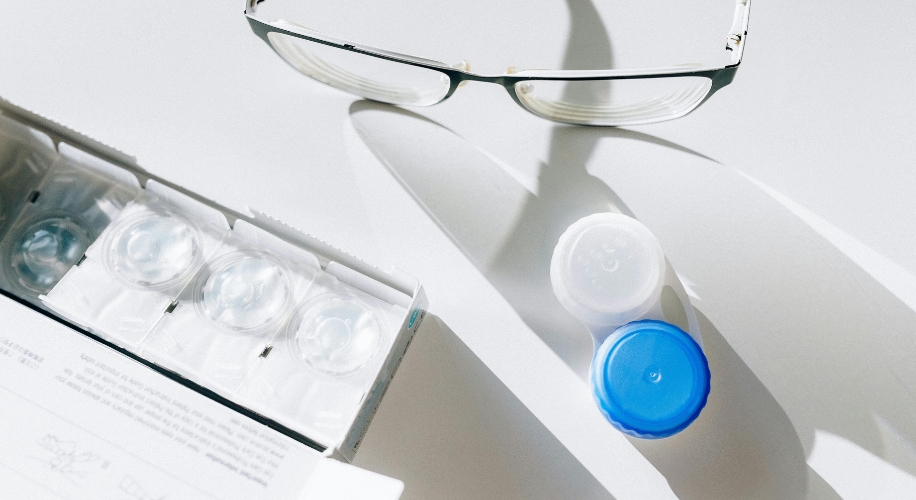Is Monovision Right for You?

Photo by cottonbro studio
When it comes to achieving clear vision without the need for glasses or contacts, monovision stands out as a popular option. This technique is particularly beneficial for individuals over 40 who begin to experience presbyopia, a condition where the eyes gradually lose the ability to focus on close objects. In this blog post, we’ll go over what monovision entails, how it works, its pros and cons, and whether it might be the right choice for you.
What is Monovision?
Monovision is a technique used in vision correction where one eye is corrected for distance vision while the other eye is corrected for near vision. Typically, the dominant eye is corrected for distance, while the non-dominant eye is adjusted for close-up tasks like reading or using a computer. This approach leverages the brain’s ability to adapt and prioritize visual information from one eye depending on the task at hand.
How Does Monovision Work?
The correction can be achieved through various methods:
- Contact Lenses: Disposable or reusable contact lenses are prescribed with different prescriptions for each eye.
- Refractive Surgery: Procedures like LASIK or PRK can be used to reshape the cornea of each eye differently, achieving monovision.
- Intraocular Lenses (IOLs): During cataract surgery or lens replacement surgery, different lenses can be implanted in each eye to achieve monovision.
Photo by Nataliya Vaitkevich
Pros of Monovision
- Reduced Dependence on Glasses: Many people find they can function well without glasses for most activities.
- Natural Adaptation: The brain quickly adjusts to monovision, allowing for seamless transitions between distance and near tasks.
- Flexibility: Monovision offers flexibility in various situations, such as reading a menu while dining out or driving a car.
Cons of Monovision
- Depth Perception Changes: Some individuals may notice changes in depth perception, particularly in activities requiring precise depth judgment.
- Visual Quality: While most adapt well, some people may notice a difference in visual clarity or sharpness.
- Adaptation Period: It can take time for the brain to fully adjust to monovision, during which some people may experience visual fluctuations.
Photo by Andrea Piacquadio
Is Monovision Right for You?
Monovision offers a compelling option for those seeking freedom from glasses or contacts, particularly as they age and encounter presbyopia. The suitability of monovision depends on several factors, including your lifestyle, occupation, and visual preferences. Consulting with an eye care professional is crucial to determine if monovision is a good fit for your needs and to discuss the best method of implementation.






 Canada
Canada